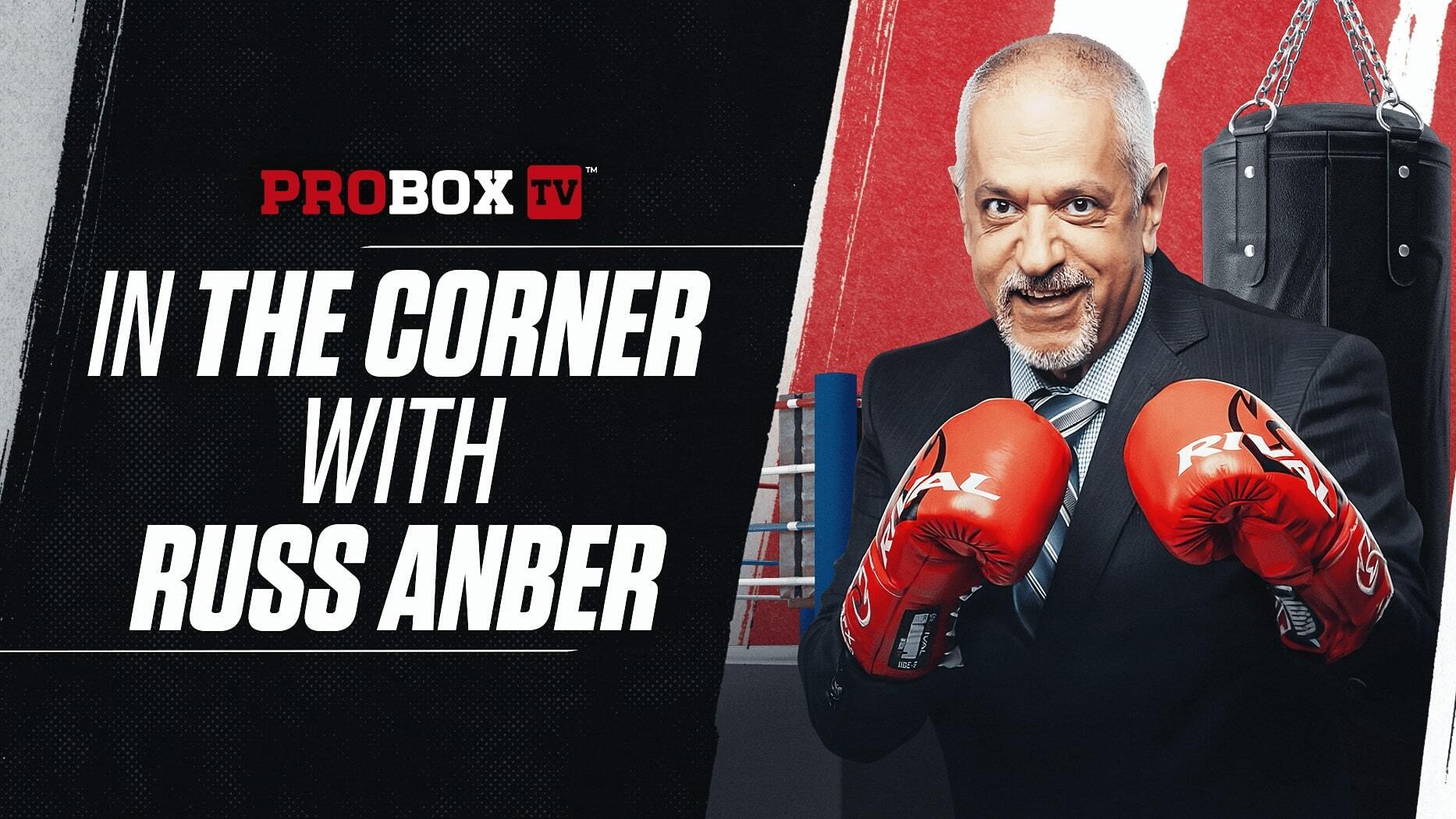Tim Tszyu is fighting Sebastian Fundora on Saturday, and the perception that we’re living through a relative golden age of Australian boxing meant I was asked to write about some of the continent’s fighters and the Aussie fight culture – of both the present and past – that I’ve come to appreciate.
Tszyu, George Kambosos Jr., Jai Opetaia and brothers Jason and Andrew Moloney are proof that Australia is producing world-class talent. Whenever a country produces fighters who reach and stay at a world-class level, it’s a positive for the sport not only within those borders but also worldwide. An Australian boxing legacy was created by fighters such as Jeff Fenech, Kostya Tszyu, Lionel Rose, Jeff Harding and more, and today’s fighters can build on that.
But the current narrative is slightly skewed. With Vasiliy Lomachenko having fought Kambosos in Perth in May, two years after Devin Haney twice fought Lomachenko in Australia, and with speculation about Naoya Inoue fighting in Oz later this year – it all follows a pattern that has actually existed for some time. Bernard Hopkins twice traveled to Canada to fight Jean Pascal because Canada, like Australia, recognizes the value of creating local followings and selling tickets at the gate. In 2024, in the United States, perhaps only Nebraskan Terence Crawford consistently attracts a big local following.
Australia has always had world-class fighters. But the country is likely benefitting (again) from the rise to prominence of an entire generation of skilled fighters all at once – not unlike the legion of Ukrainian fighters led by Lomachenko and Oleksandr Usyk. The healthiest thing boxing can have is a fighter with a strong local or regional following that will pay money to watch him or her fight.
Kostya Tszyu, Tim’s father, was a great, great fighter. I remember watching him when he was an amateur, developing through the Eastern European boxing system and then becoming a star in Australia.

Fenech, in his first fight with Azumah Nelson, in 1991, made me think, Wow, nobody does this to Nelson. Fenech went in there with a devil-may-care attitude and put it on Nelson. The draw was an unfair outcome for Fenech – and Nelson then proved how great he was in the rematch by rising to the occasion and dominating. (Nelson, by the way, is another example of a champion traveling to Australia to fight a popular Australian fighter.) But the rematch doesn’t negate Fenech’s performance in the first fight.
Tim Tszyu seems to have an excellent opportunity to join those Australian greats, but, ironically, he’s going to be difficult to match because he’s so dangerous. Saturday’s fight is a really interesting one – I think Fundora can be more difficult than Keith Thurman, who I already thought was a difficult opponent. I also think Tszyu has to look dominant and make a statement.
If he doesn’t, and if it’s a difficult fight, questions about Tszyu’s future will naturally be asked. But that also might make him easier to match. Tszyu has already experienced some of this phenomenon, when last year Jermell Charlo skipped a fight with the second-generation Australian star – in one of the fights boxing fans most wanted to see – to take on Saul “Canelo” Alvarez. (Charlo being sanctioned to move up two weight divisions and Canelo laying waste to the super middleweight division is a column for another day).
Opetaia is a fighter I particularly like. He’s also a good and classy individual. I talked to him and his team in Saudi Arabia in December, and those around Opetaia understand he needs to learn. The good news: They want to teach him. I can see him eventually ending up at heavyweight – and doing even more positive things for Australian boxing.
Russ Anber is the founder/CEO of Rival Boxing, as well as a highly respected trainer (of both pros and amateurs), a gym owner, a cut-man, an entrepreneur, a broadcaster and one of the best hand wrappers in the boxing business. Vasiliy Lomachenko, Oleksandr Usyk, Artur Beterbiev and Callum Smith are among the many top boxers Russ works with.


ADD COMMENT VIEW COMMENTS (1)